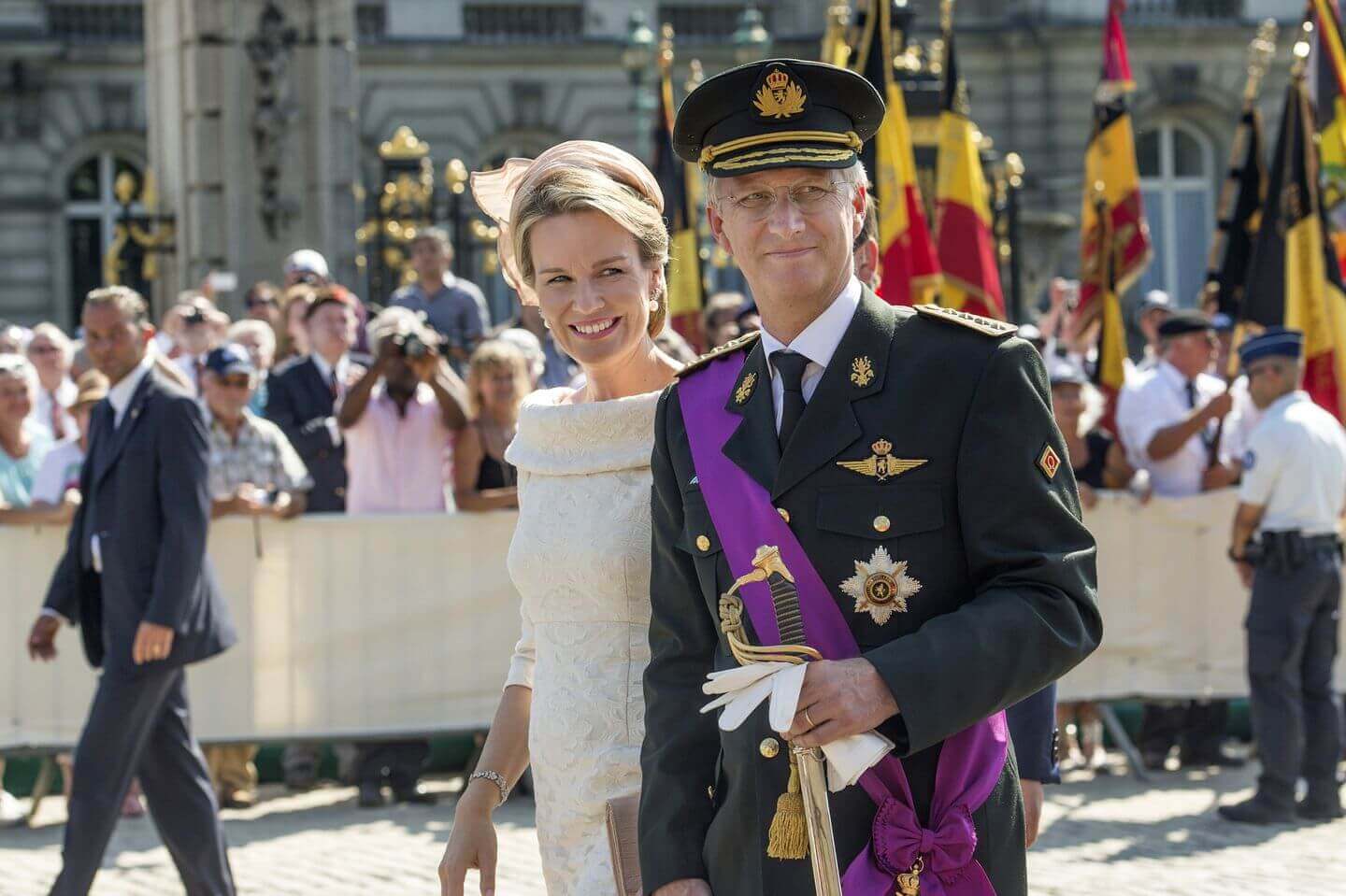Amidst worldwide protests calling for countries to address systemic racism and remove monuments honoring colonialist figures from their past, Belgium’s King Philippe expressed his “deepest regrets” for the “acts of violence” and “suffering” enacted upon the Congolese people.
In a letter to the Democratic Republic of Congo’s President Félix Tshisekedi, he wrote, ““I would like to express my deepest regrets for these wounds of the past, the pain of which is now revived by the discrimination still too present in our societies.”
Also Read: PM Johnson Establishes Race Inequality Commission, But Vows to Protect Churchill Statue
Under Belgian colonial rule between 1885 and 1908, spearheaded by King Leopold II, it estimated that at least ten million Congolese people died. The king considered Congo to be his personal property. There are countless stories and poignant images of his troops cutting the hands of Congolese who resisted slave labor. Furthermore, the king also brought several Congolese to Belgium to be exhibited in a ‘human zoo’. The wounds of this bloodied past continue to fester, as evidenced by the fact that a statue of King Leopold II in Antwerp was defaced and burned by protestors, leading to its removal from the city square.
King Philippe is the first Belgian monarch to formally express regret for Belgian colonialism. To mark the 60th anniversary of the DRC’s independence, he said, “To further strengthen our ties and develop an even more fruitful friendship, we must be able to talk about our long common history in all truth and serenity.”
He added: “Our history is made of common achievements but has also experienced painful episodes. During the period of the Congo Free State, acts of violence and cruelty were committed, which still weigh on our collective memory.”
Also Read: Amid Calls to Remove Captain James Cook Statues, Morrison Claims “No Slavery in Australia”
Once Leopold II was forced to give up his control over the DRC, the Belgian state took over until 30 June, 1960, after which Patrice Lumumba became the country’s first democratic prime minister. However, he was assassinated in 1961 by Congolese rebels with the support of Belgian army officers. It has emerged that Lumumba’s assassination was a CIA plot, with the support of the Belgian government. Indeed, when DRC gained its independence, King Baudouin described it as the “outcome of the work conceived by Leopold II”, lauding his “tenacious courage”, and describing him as “not a conqueror, but a ‘civilizer’”.
Martin Fayulu, an opposition politician in the DRC has said that while Philippe’s words were welcome, his forthcoming actions will determine whether this is truly a historic moment or simply a case of Belgian royalty cashing in on what is “fashionable to say at the moment”.
In fact, it is telling that Philippe has expressed his regret, but not offered an apology. This is hardly surprising, given that his younger brother, Prince Laurent, said of King Leopold II: “He never went to the Congo. I don't see how he could have made people suffer on the ground.”
Also Read: Monuments Aren’t Educational Tools. Why Pretend Otherwise?
Likewise, Prime Minister Sophie Wilmès also stopped short of an apology and simply called for a recognition of the past. She said, “As with other European countries, the time has come for Belgium to embark on the path of research, truth and memory.”
Therefore, while King Philippe’s letter is indeed historic in that Belgian royalty has not once expressed regret for its colonial past, this is merely indicative of how little has been done to right the wrongs of yesterday and of how figures of authority continue to absolve Belgium of true culpability by refusing to apologize and facilitate true healing and reconciliation.
Image Source: The Boston Globe

